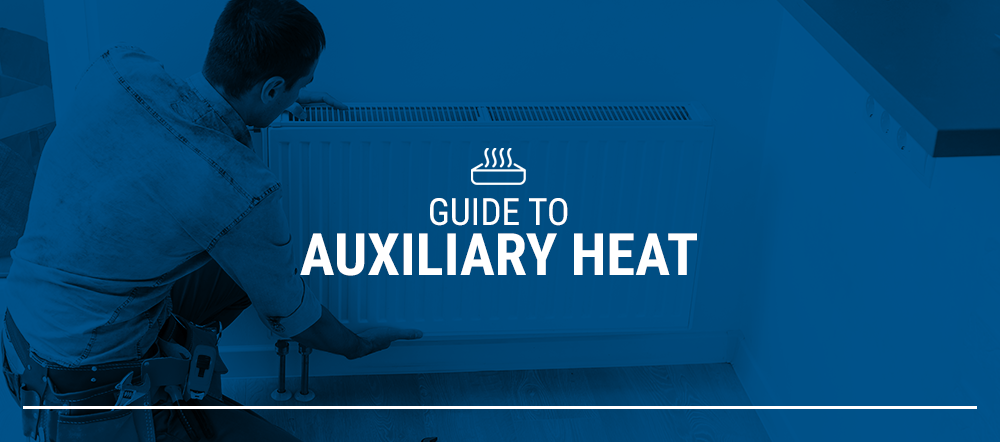Heat exchangers play a crucial role in heating, ventilation, and air conditioning (HVAC) systems, facilitating the transfer of heat between two mediums. They are essential components that ensure the efficient operation of HVAC systems, providing comfort and indoor air quality. In this article, we will explore the significance of heat exchangers in HVAC systems and how they contribute to energy efficiency and cost savings.
What is a Heat Exchanger?
A heat exchanger hvac is a device designed to transfer heat between two or more fluids, such as air and water, without mixing them together. In HVAC systems, heat exchangers are used to transfer heat from one medium to another, allowing for the heating or cooling of indoor spaces.
Types of Heat Exchangers
There are several types of heat exchangers used in HVAC systems, including shell and tube, plate, and finned tube heat exchangers. Each type has its unique design and application, catering to specific HVAC system requirements.
How Do Heat Exchangers Work in HVAC Systems?
Heat exchangers work by transferring heat from a hot medium to a cold one, or vice versa, through a conductive material. In HVAC systems, the hot medium is often the refrigerant or the heated air, while the cold medium is the indoor air or the water used for cooling.
Benefits of Heat Exchangers in HVAC Systems
Heat exchangers offer several benefits in HVAC systems, including improved energy efficiency, reduced operating costs, and enhanced indoor comfort. By efficiently transferring heat, heat exchangers help HVAC systems maintain consistent temperatures and reduce the workload on heating and cooling equipment.
Common Issues with Heat Exchangers
Despite their benefits, heat exchangers can experience issues over time, such as corrosion, fouling, and leaks. Regular maintenance is essential to address these problems and ensure the longevity of heat exchangers.
Maintenance of Heat Exchangers
Proper maintenance is critical to the performance and efficiency of heat exchangers in HVAC systems. This includes regular cleaning, inspection, and repair of any damaged components. By maintaining heat exchangers, HVAC system owners can avoid costly repairs and ensure optimal performance.
Choosing the Right Heat Exchanger for Your HVAC System
When selecting a heat exchanger for an HVAC system, it is essential to consider several factors to ensure optimal performance and efficiency. Here are some key considerations:
Size and Capacity: Determine the heating or cooling capacity required for your HVAC system based on the size of the space and the desired temperature range. Choose a heat exchanger that can handle the required capacity efficiently.
Type of Heat Exchanger: Select the type of heat exchanger based on your specific HVAC system requirements. Shell and tube heat exchangers are ideal for high-pressure applications, while plate heat exchangers are more compact and suitable for smaller spaces.
Material: Consider the material of the heat exchanger hvac based on the compatibility with the fluids used in your HVAC system. Common materials include stainless steel, copper, and aluminum, each offering different levels of corrosion resistance and heat transfer efficiency.
Energy Efficiency: Look for heat exchangers that are designed for energy efficiency, such as those with enhanced heat transfer surfaces or advanced insulation materials. These features can help reduce energy consumption and operating costs.
Installation and Maintenance Requirements: Consider the ease of installation and maintenance of the heat exchanger. Choose a heat exchanger that is easy to access for cleaning and repair, as regular maintenance is essential for optimal performance.
Budget: Determine your budget for the heat exchanger, including the cost of purchase, installation, and ongoing maintenance. Compare different options to find a balance between cost and performance.
Installation of Heat Exchangers
Proper installation of heat exchangers is crucial for ensuring their efficient operation and longevity. Here are some key steps involved in the installation process:
Preparation: Before installation, ensure that the heat exchanger hvac and all necessary components are available. Prepare the installation area by cleaning and clearing any obstacles.
Placement: Position the heat exchanger in the designated location, ensuring that it is level and securely mounted. Follow the manufacturer’s instructions for proper placement.
Connection: Connect the heat exchanger to the HVAC system’s piping using appropriate fittings and connectors. Ensure that all connections are secure and leak-free.
Testing: Test the heat exchanger for leaks and proper operation before putting it into service. Check for any signs of damage or malfunction and address them promptly.
Safety Precautions: Follow all safety precautions during installation, including wearing protective gear and using appropriate tools. Ensure that the installation area is well-ventilated and free from hazards.
Heat exchangers are integral components of HVAC systems, providing efficient heat transfer and contributing to energy savings. By understanding the different types of heat exchangers, their benefits, maintenance requirements, and installation considerations, HVAC system owners can make informed decisions to ensure optimal performance and comfort.
FAQs
How do heat exchangers improve energy efficiency in HVAC systems?
Heat exchangers allow for the transfer of heat between mediums, reducing the workload on heating and cooling equipment and improving overall energy efficiency.
What are some common maintenance tasks for heat exchanger HVAC systems?
Common maintenance tasks include cleaning, inspection, and repair of any damaged components to ensure optimal performance.
Can heat exchangers be repaired, or do they need to be replaced?
In some cases, heat exchangers can be repaired by replacing damaged components. However, if the heat exchanger is severely damaged, replacement may be necessary.
How long do heat exchangers in HVAC systems typically last?
The lifespan of a heat exchanger hvac depends on various factors, such as usage and maintenance. On average, heat exchangers can last between 10 to 20 years.
What are the signs that a heat exchanger in an HVAC system may need repair or replacement?
Signs include reduced heating or cooling efficiency, strange noises, or visible damage to the heat exchanger.
